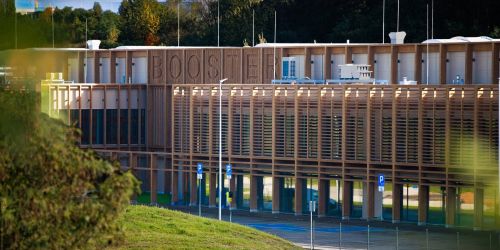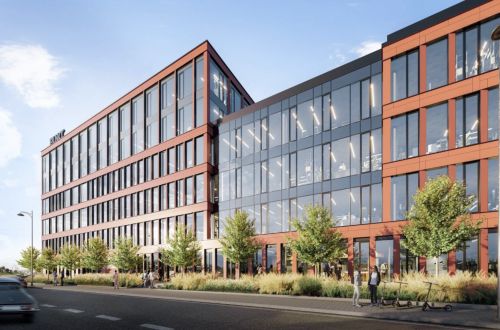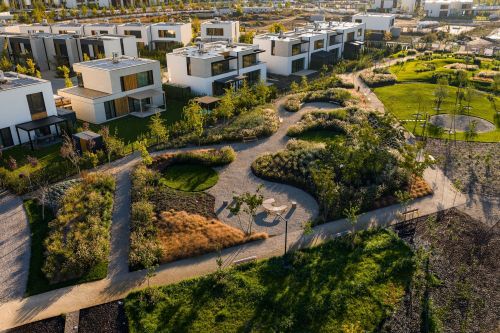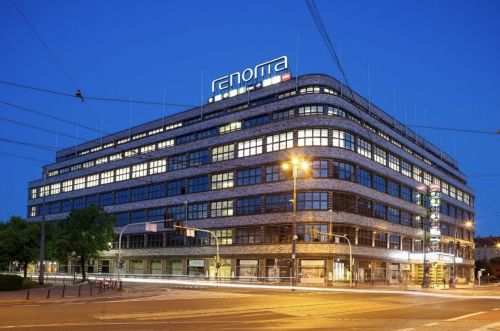Both institutional and private investment is still good business in the Hungarian property sector. We witnessed a record level of investment of EUR 1.9 bln in 2007. But what of the credit crunch that is just around the corner? The general view in Hungary is that it will hurt, but by how much we don’t yet know. So far no major local bank has experienced write-downs because of the sub-prime mortgage crisis in the US, and representatives from both the financial services sector and commercial developers agree that transaction charges will inevitably increase in the short term. General costs such as building materials and energy will also rise, at the very least at the same rate as inflation (nearly 7-7.5 pct in 2008). The borrowing costs of loans from Hungarian banks have also increased from 0.2-0.4 pct, and therefore companies applying for project financing will ultimately have to pay more back. This will undoubtedly affect the commercial property business, with the likelihood t

























































